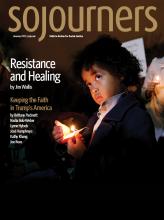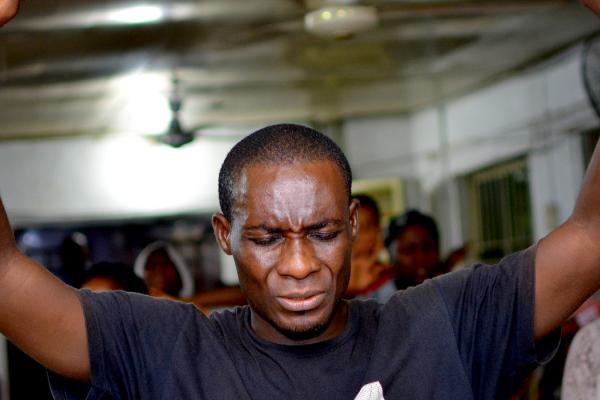IN 1906, a few hundred people were present at Azusa Street Mission revivals in Los Angeles, which are regarded as the beginning of modern Pentecostalism. A century later, Pentecostal/Charismatic Christianity claims about half a billion adherents worldwide.
Around the world, where work for change is happening, it’s often Pentecostals in the middle of it.
For example, Donald E. Miller and Tetsunao Yamamori, two scholars based at the University of Southern California, examined flourishing churches in the global South that were involved in social issues (churches that were indigenous to their areas—that is, not reliant on foreign resources). To the surprise of Miller and Yamamori, authors of Global Pentecostalism: The New Face of Christian Social Engagement, 85 percent of them were Pentecostal and Charismatic churches.
What motivates these churches to roll up their sleeves and get their hands dirty in serving their neighbors? Is it poor economic conditions? If the answer is related to context, why are these Pentecostal churches more engaged and proactive than their Catholic or Protestant counterparts?
There are several key Pentecostal beliefs that encourage response to social challenges:
1) Called: God touches us!
The Pentecostal movement is best characterized by personal experiences with God. Often supernatural in nature, these encounters with God are described as “crisis experiences,” and they tend to revolutionize the believer’s faith, attitude, behavior, and life.
For example, the Yoido Full Gospel Church in Korea publishes Shinang-gye (World of Faith), a popular monthly magazine that features testimonies of divine healings and miracles. Such testimonies affect others and reinforce a key value among Pentecostals: Most human problems are spiritual at their core.
This assumption has significant implications. First, in Pentecostal worship such an encounter with God is expected, encouraged, and facilitated. Songs, preaching, prayer, altar call, and other components of Pentecostal worship lead worshippers to enter into a “holy ground” where one meets the loving and powerful God. This makes Pentecostal worship dynamic and vibrant.
Read the Full Article

